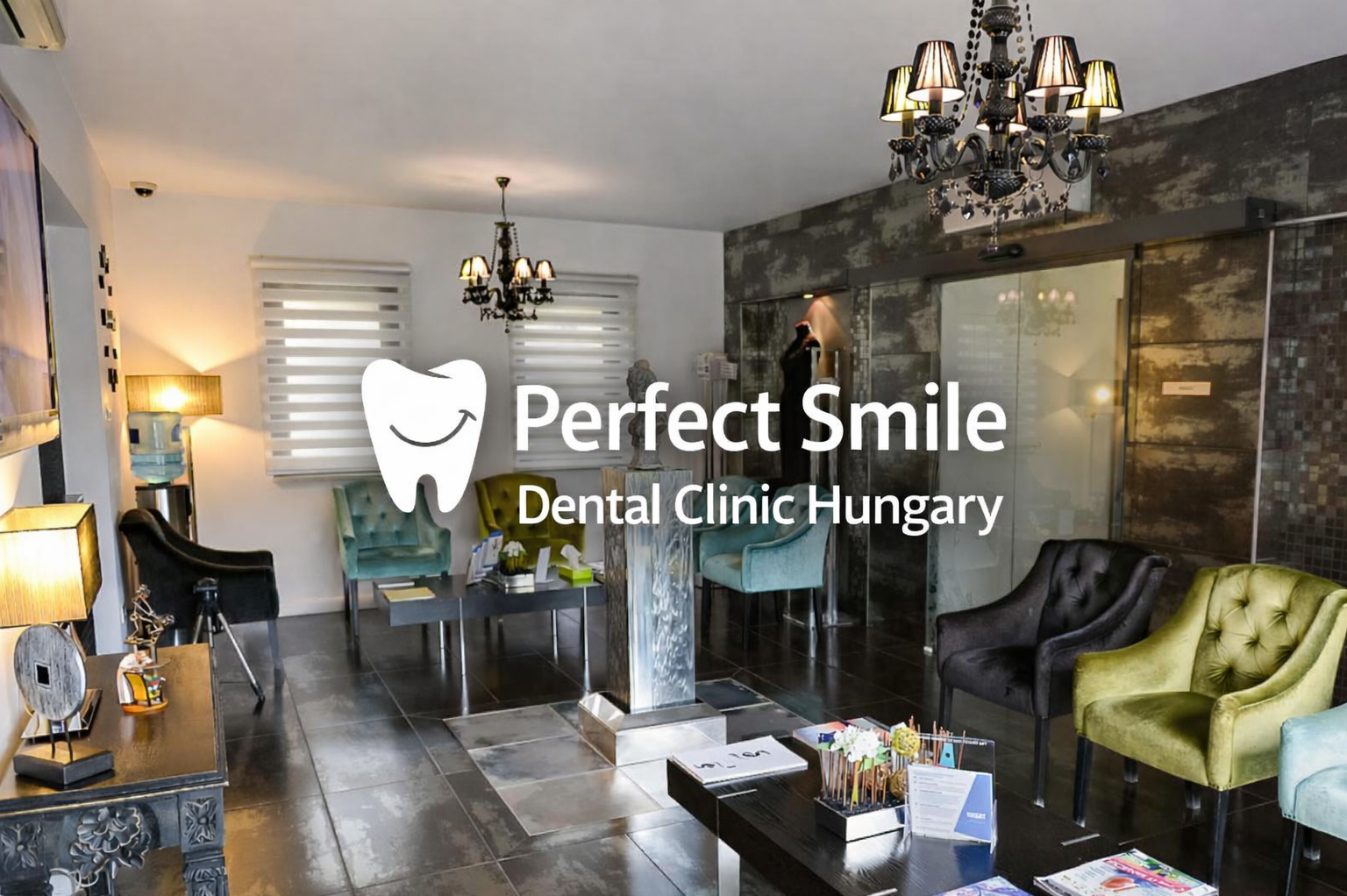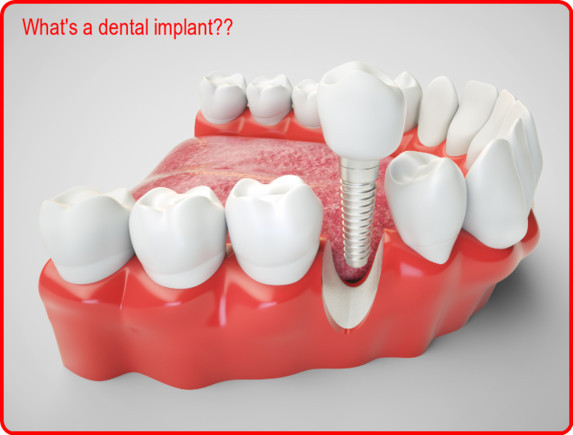What’s a dental implant
Let’s take a closer look at what’s a dental implant, many Irish people suffer from tooth loss.
There are many reasons for this the main one is tooth decay, injury or periodontal disease (gum disease) or injury.
For many years the only options for patients were dentures or bridges.
Luckily technology has moved on and nowadays dental fixtures are offered so what’s a dental implant.
Dental implants
In technical terms a dental fixture is an artificial replacement tooth root that a dentist will place into your jaw to support or hold a prosthetic bridge or tooth.
So when people say what’s a dental implant they are referring to the joining of the artificial tooth root (implant) and the prosthetic tooth.
Who can avail of dental implants
So patients that have lost one or more teeth caused by an injury, periodontal disease or gum disease.
Dental fixtures/implants are also an alternative for those that would prefer not to wear dentures,
Why use dental implants
Like many dental procedures there are advantages and disadvantages.
Let’s look at the advantages of dental fixtures first, there are many, that is why in recent times they have become more popular.
Advantages of dental implants
- Dental implants look just like your own teeth, they improve your appearance.
- They are a permanent solution
- Improved self-esteem, you are more confident
- Dental implants improve speech in cases where poor fitting dentures cause slurring of words
- A well positioned set of dental implants means improved mouth comfort
- It’s much easier to eat your food
- Improved oral health
- Dental implants are durable, looked after properly they should last a lifetime
- No more taking out false teeth or using adhesive
Disadvantages of dental implants
You may have been wondering what’s a dental implant, perhaps you have been to a dental surgery for a consultation, you may have been given a costing on dental implants.
If you are in shock I completely understand the main disadvantage of dental implants is the COST!
Dental fixtures are probably not the most cost effective option unless you decide to go to Europe where the cost of dental implants are 50-60% cheaper than in Ireland.
Check out this post to see a comparison between Irish dental implant prices and Hungarian dental implant prices.
A single tooth implant will cost you a few thousand euros, if you need a full set of dental fixtures you are looking at tens if thousands of euros.
If you are prepared to travel to places like Hungarian dental implant Centre Wexford for an examination and recommended treatment.
This will be followed up by treatment in Hungary you can save many thousands of euros for the exact same treatment.
Why not schedule a Free consultation and xray now by using these contact details.
What are the types of dental implants
1. In the bone (endosteal) is the most common type of dental fixture, combining cylinders, screws, or blades that are placed by a dental surgeon into the jawbone.
Each dental implant is designed to hold one or more prosthetic tooth.
In general endosteal fixtures are an alternative for patients that are wearing removable dentures or bridges.
2. On the bone (superiosteal) differs from in the bone (endosteal)
Because the dental surgeon places this implant on top of the jawbone using a metal framework post that sticks out through the gum and holds the implant in place.
A superiosteal implant would be used when a patient isn’t able to wear conventional dentures.
Or doesn’t have enough bone height string enough to hold an endosteal implant.
3. Single tooth implant, if one tooth is missing a single tooth implant can replace it.
4. Multiple teeth implants are recommended if you are missing several teeth
5. Full mouth implants recommended where the patient is missing all of their teeth
6. Sinus Augmentation: Having a successful procedure largely depends on the quantity and quality of the bone that is suggested for implantation.
Upper jaw and dental implant
The upper back jaw has been found over the years to be one of the hardest areas to have success at placing an implant.
Some of the reasons for this include insufficient bone quality and quantity combined with its proximity to the sinus.
The surgeon will use sinus augmentation to help the situation by elevating the sinus floor and finding bone to place the dental implants.
7. Ridge modification occurs where there are deformities in the lower or upper jaw area.
The dental surgeon uses his expertise by lifting the gum away from the ridge, that exposed a void where there is no bone.
The surgeon will fill this void with bone or a substitute for bone.
This will greatly enhance the chances of a successful dental implant.
Are dental implants painful
When people ask what’s a dental implant, the second most asked question is are dental implants painful.
The answer depends on your pain threshold.
Most procedures require a local anesthetic, feedback from patients would suggest that there in minimal discomfort during the procedure.
Most people report that they felt less pain during a tooth extraction compared to a dental implant.
That’s because the whole tooth comes out.
If there is soreness following the procedure it is treated with over the counter painkillers such as Motrin or Tylenol.
Are dental implants successful
When looking at the question of what’s a dental implant, its important to know why dentral implants are successful.
The good news is that yes in 98% of cases dental fixtures are successful because they are do close to natural teeth.
However it must be said that the success rate depends a lot on exactly what part of the jaw the implants are secured.
Will dental implants suit you
To find out whether or not dental implants are for you we recommend that you make an appointment for our Wexford clinic.
Allow our dentist to examine your teeth and gums, a panoramic xray will reveal more.
All this is Free so why not contact us now and make an appointment.
In general the people that are the most suitable candidates for dental implants have:
- Good oral and general health
- Enough bone in your jaws to support a dental implant
- Healthy gum tissue
- No gum disease
Dental fixtures are closely connected to the gums (soft tissues) and bone (hard tissues) in your mouth.
You need an experienced dentist to complete a successful procedure and ensure that you get exactly what you are hoping for.
Our team of dentists are among the top dental surgeons in Europe, why not book an appointment by contacting us here.
What to do next
Your next step should be to contact us and make an appointment so that we can prepare an individual assessment of your dental needs.
The team will pool their combined years of experience to come up with a dental implant plan that will be carried out in our State-of-the-art clinic in Hungary.
We will arrange a date and time that suits you.
When you arrive in Hungary you will be picked up at the airport in Budapest by free taxi to your hotel.
Our clinic is a short walk from the hotel.
Following your procedure you will be dropped back to the airport and any aftercare will take place in the Wexford clinic.
What happens when you arrive at our clinic
Our team of experts and dental nurses will be waiting for you and they are ready to begin the process.
If it’s a tooth root implant made from titanium it will be placed in the bone socket of the tooth that is missing.
Because over time the jawbone will heal as it grows around the implant, the healing process varies from 1-6 weeks.
As soon as the implant has successfully bonded to the bone an abutment will be added because it is vital its success.
It’s joined to the post to hold the new tooth securely.
Impressions will be taken of your teeth to create a model of your bite because your new teeth are based on a professional model.
Your new teeth are based on what the model shows up, and a crown or replacement tooth is then joined to the abutment.
The dentist will decide whether or not you need one or more crowns.
Some people may need attachments placed on the implant to support and retain a removable denture.
A very important point in this post about is the fact that at this point the dentist will want to match the new with the old teeth.
Once you are happy with the color match the implant is secured in the jawbone because we want perfection.
Then you have a perfect set of new teeth that look amazing and feel just like your very own natural teeth.
The follow up
Dental fixtures are just like natural teeth they do require regular oral care.
You will also need to come and visit us at our Wexford clinic for check ups, periodic check ups will be scheduled for you.
It’s important that you follow up on these.
Dental fixtures should last you a very long time providing you look after them.
Good oral healthcare is recommended, so to recap on what’s a dental implant here are the important points.
1. Anyone with healthy gums can have this treatment.
2. Anyone with good general health can also
3. People with underlying conditions are individually assessed
4. Examinations, rays and aftercare take place in Wexford clinic
5. Dental treatment takes place in Hungary
6. Dental implants are not covered by medical cards
7. You will be given a Med 1 form to claim against income tax
Conclusion
I hope you now have all of the information on what’s a dental implant to make an informed decision on your dental treatment.
It’s a fact that treatment costs in Ireland tend to be very expensive.
You should consider a trio to Hungary where you will be well looked after.
You will have a little holiday and save thousands of euros, contact us now to book a Free consultation.
References


